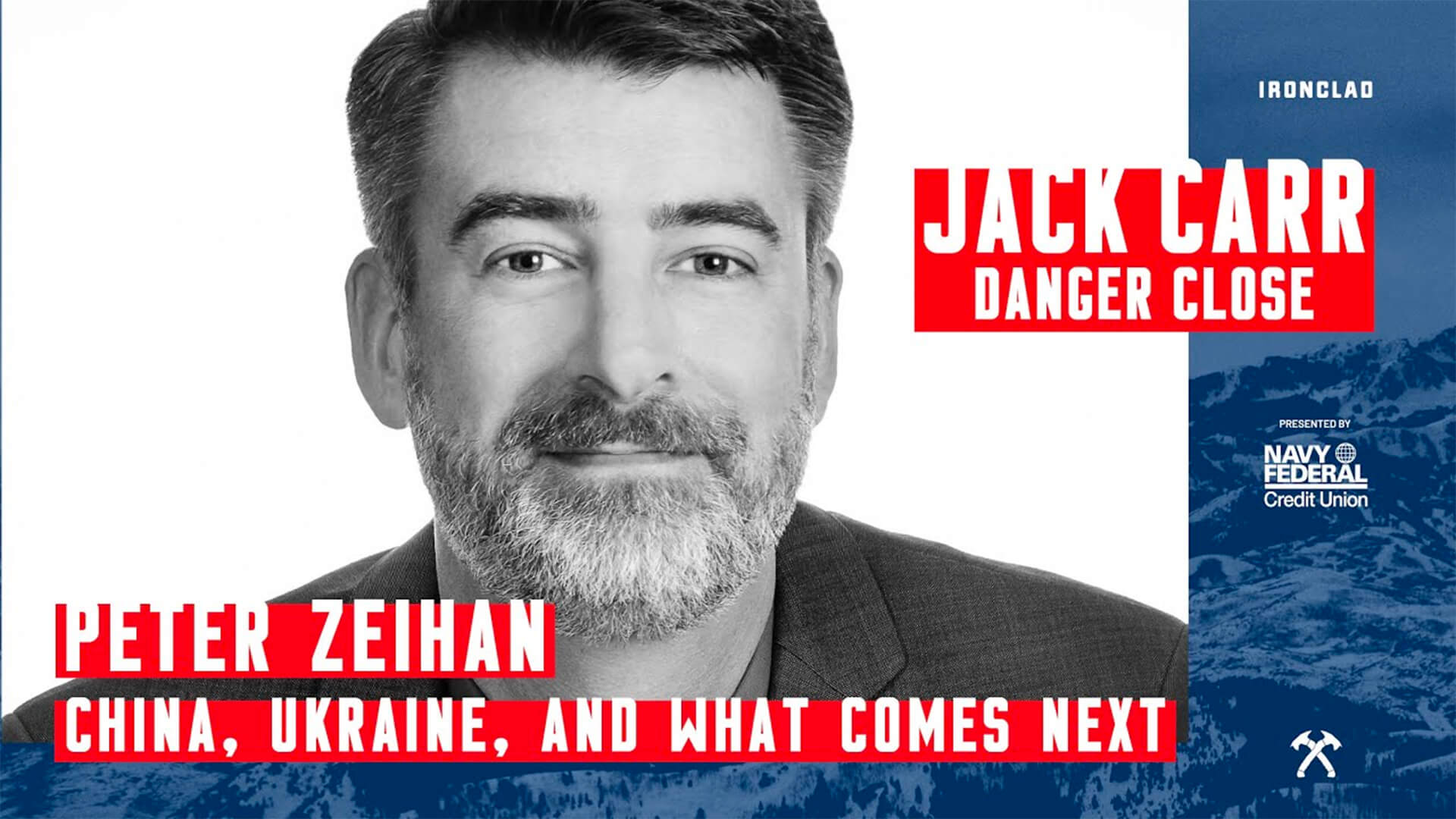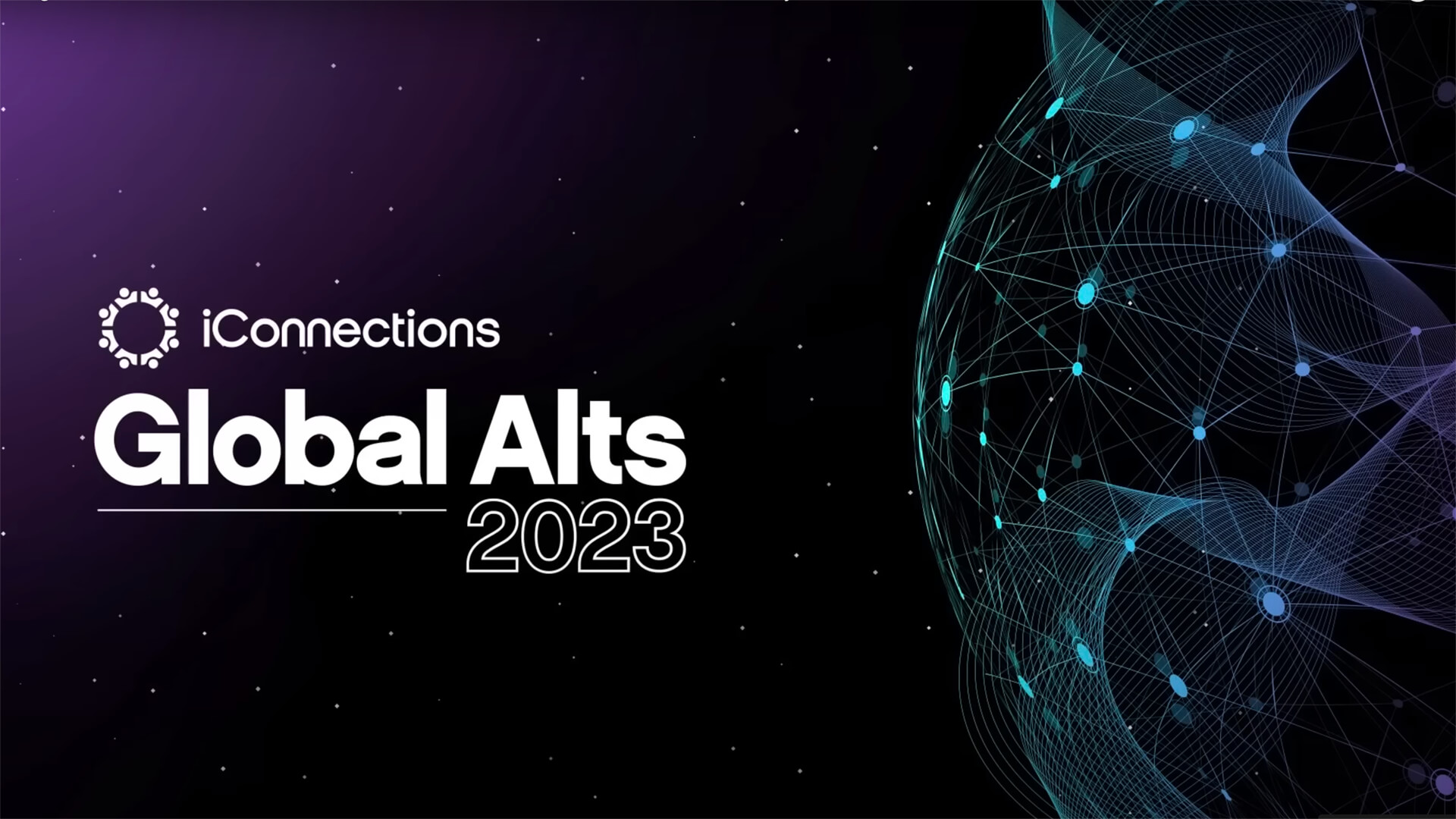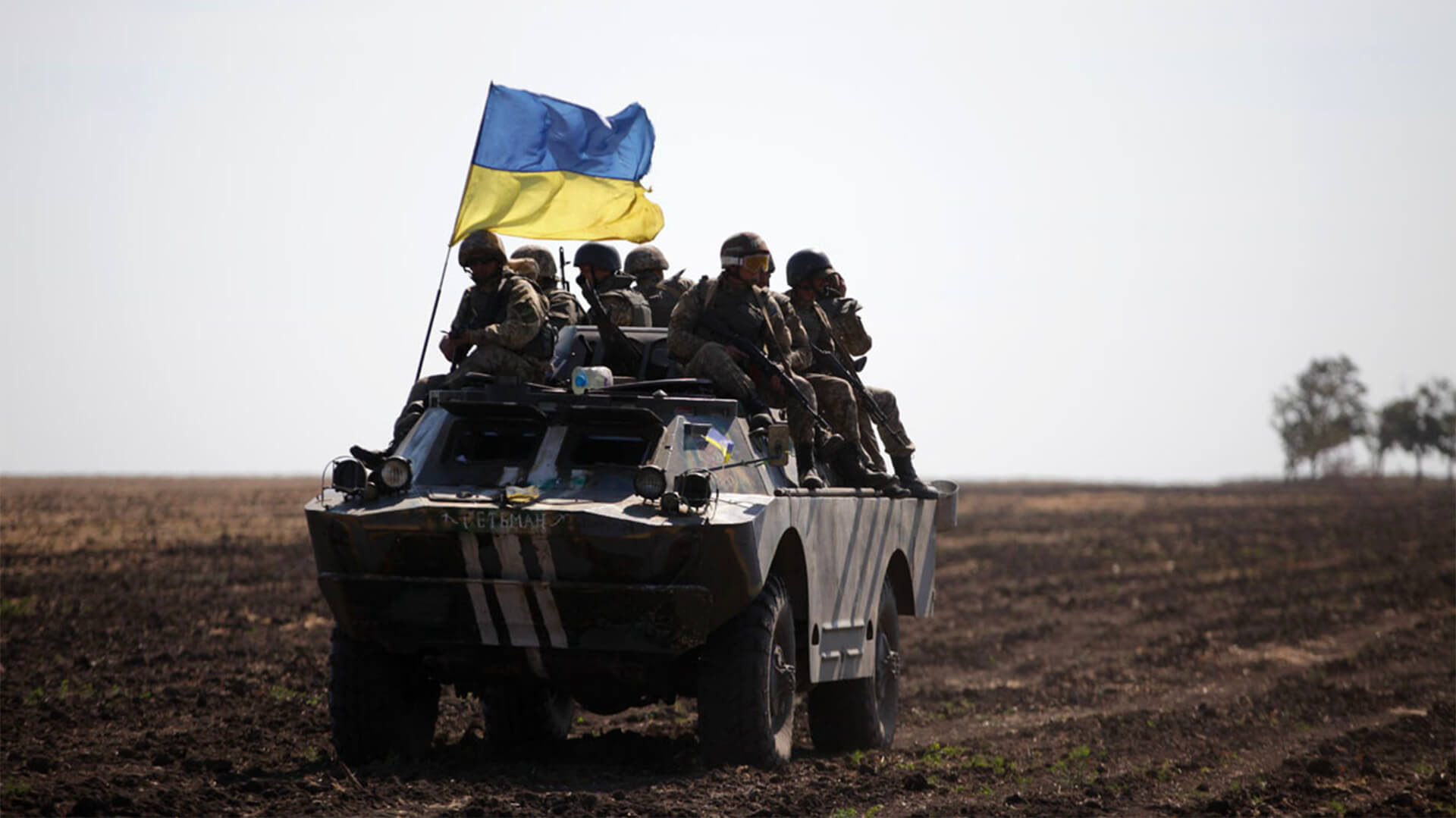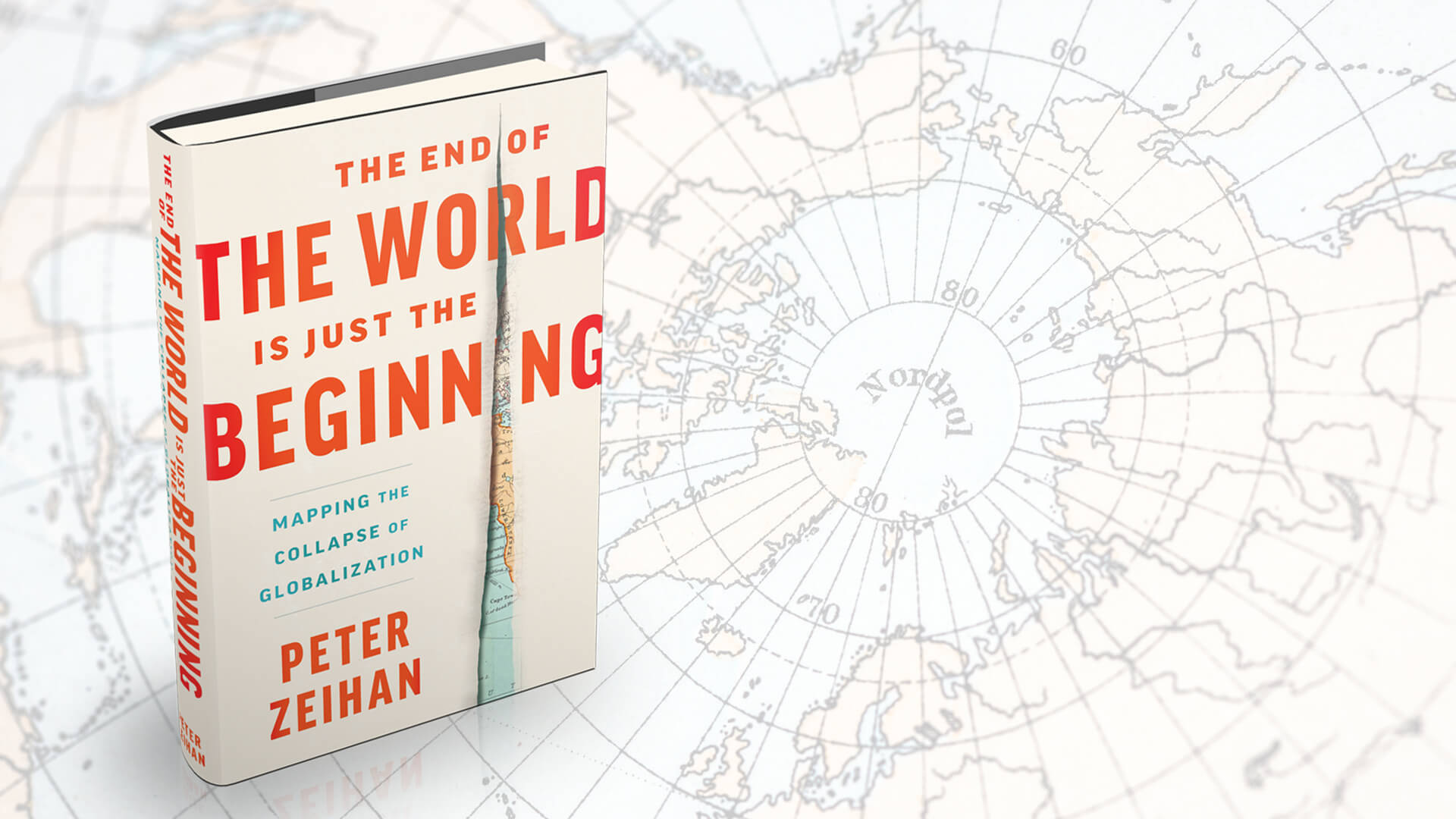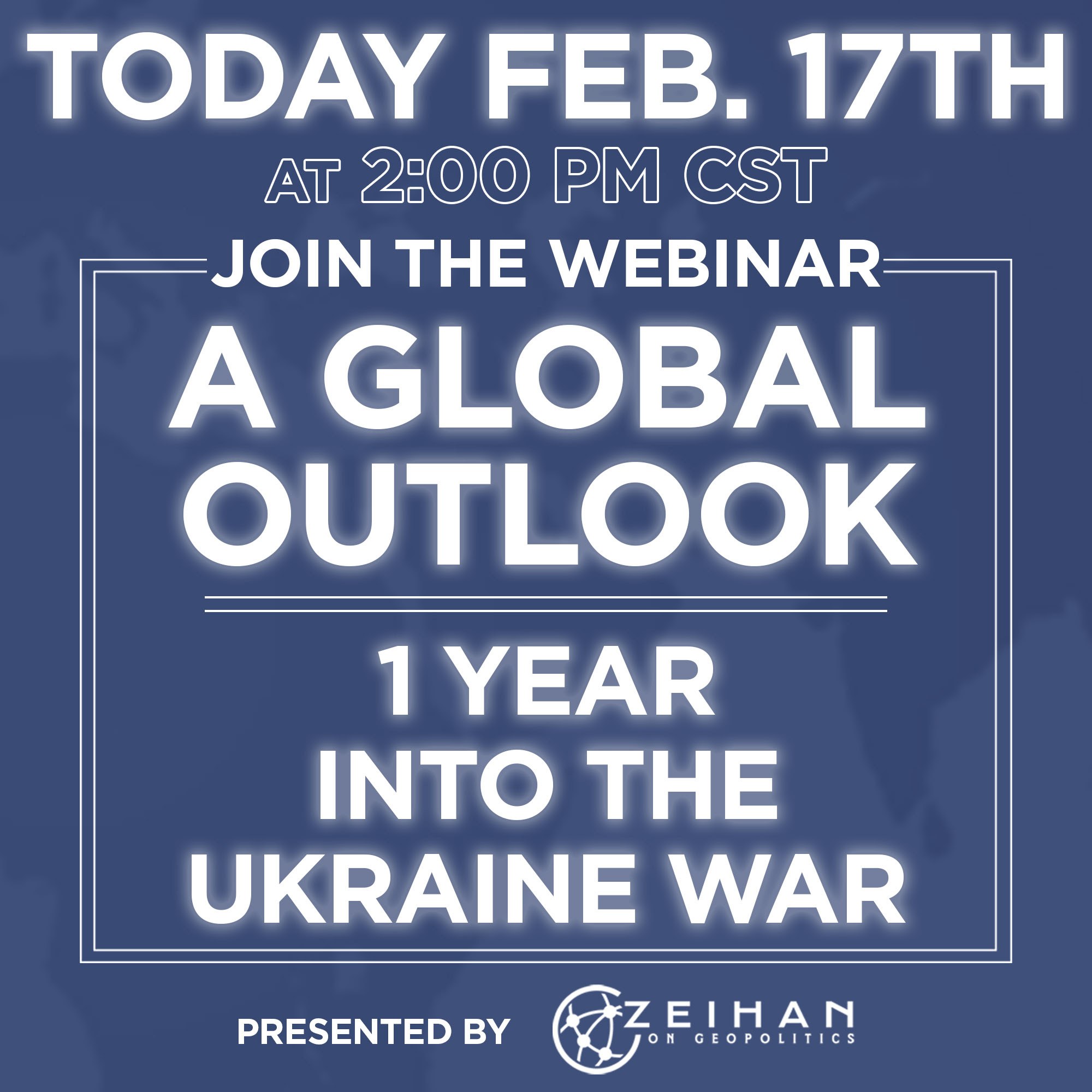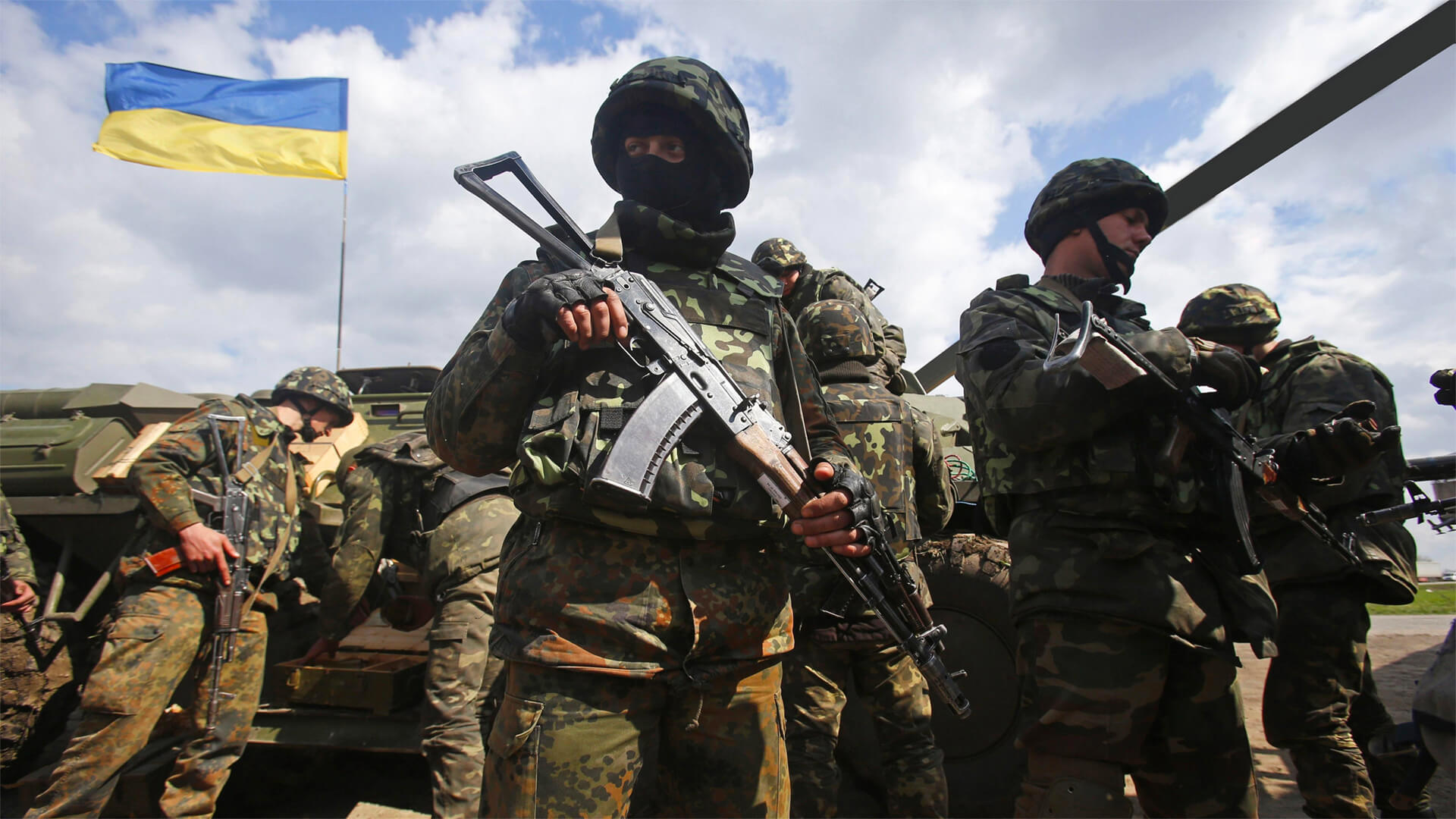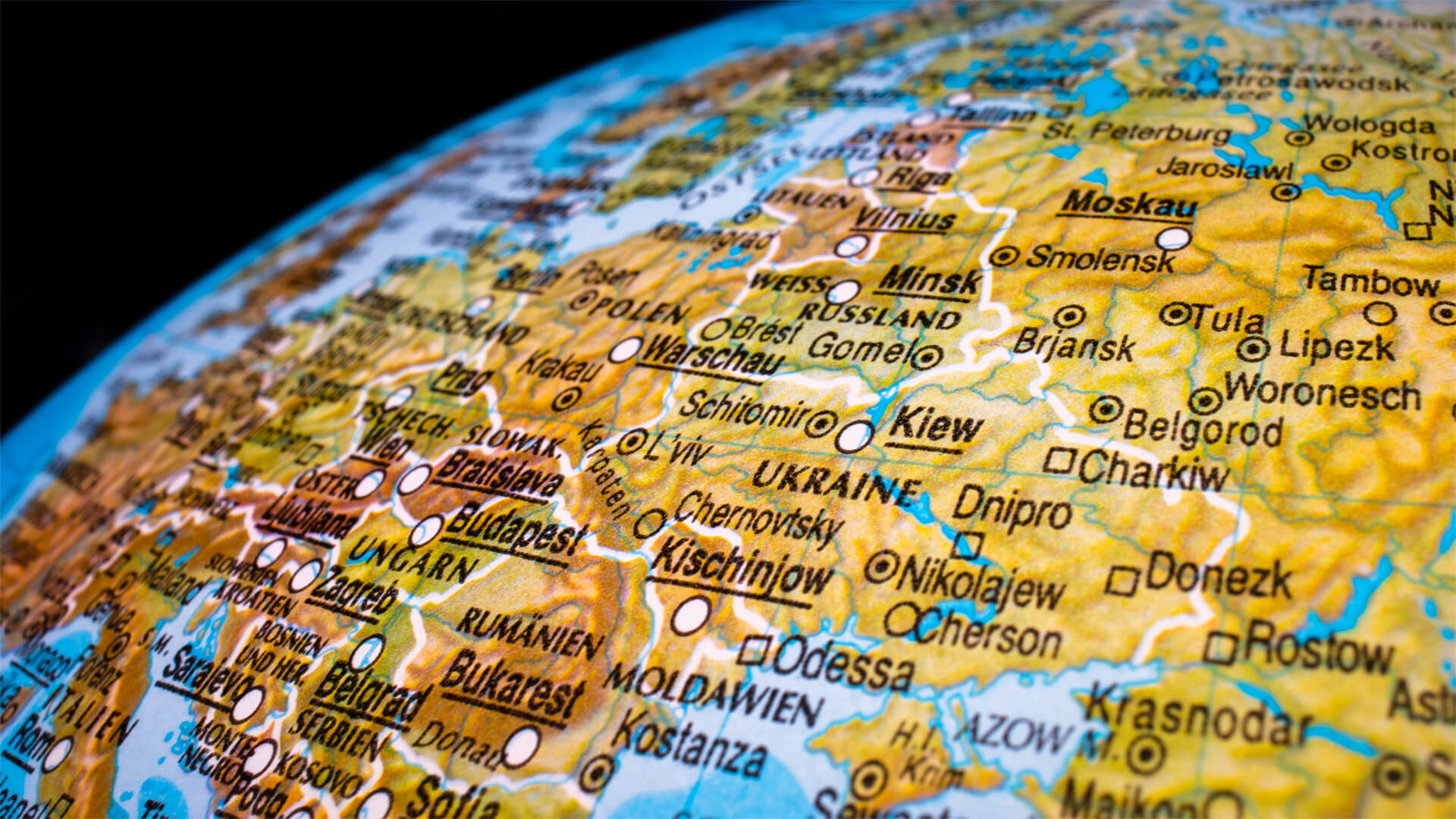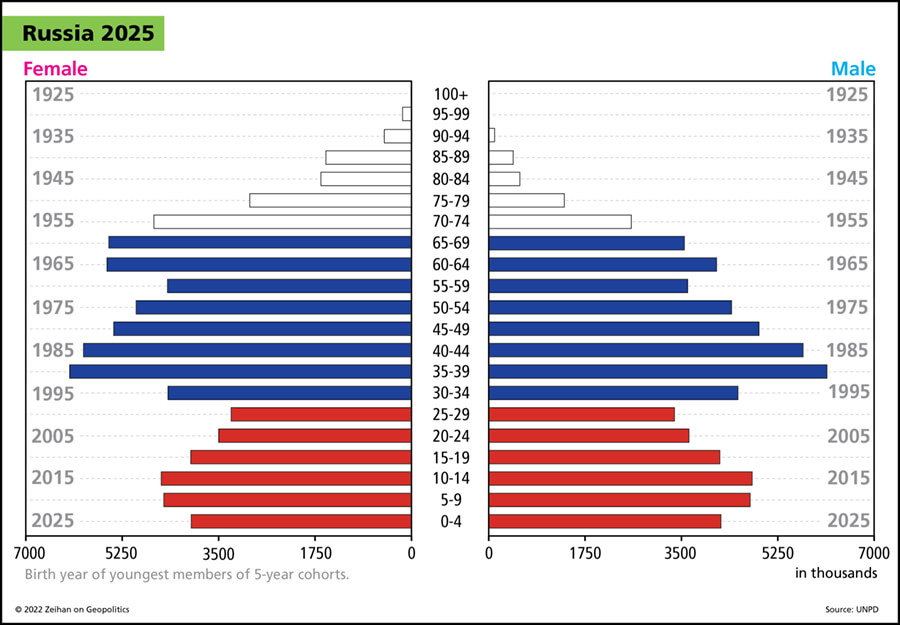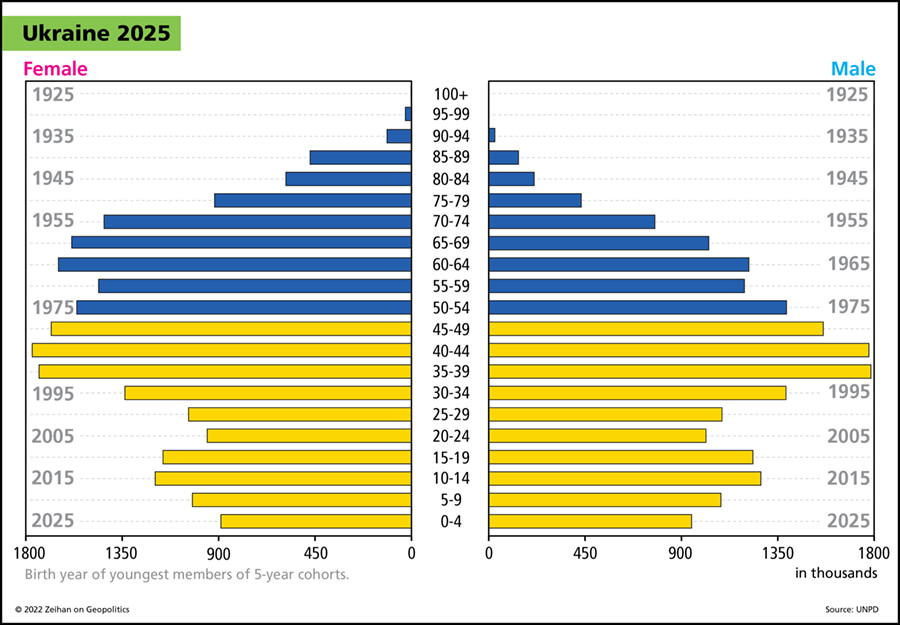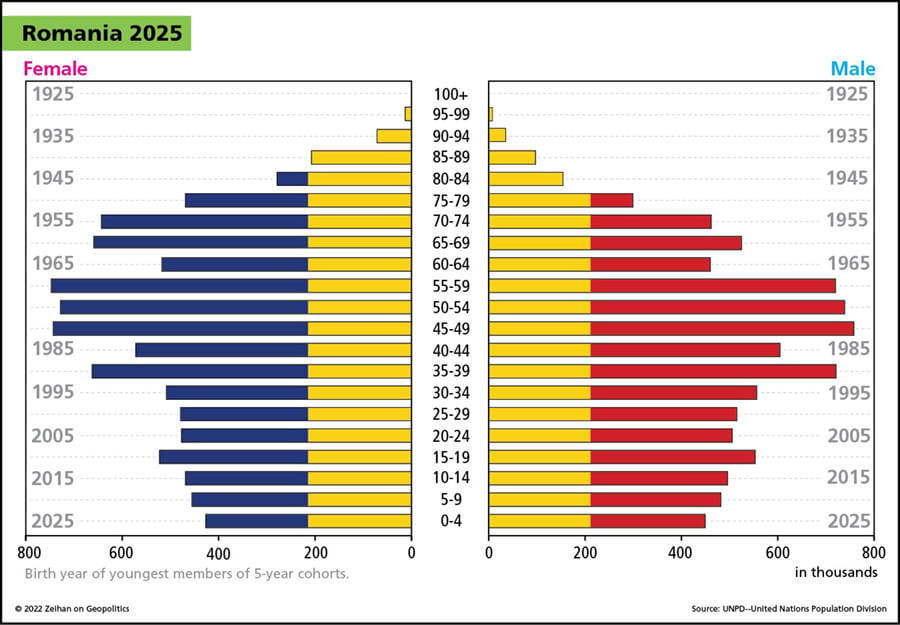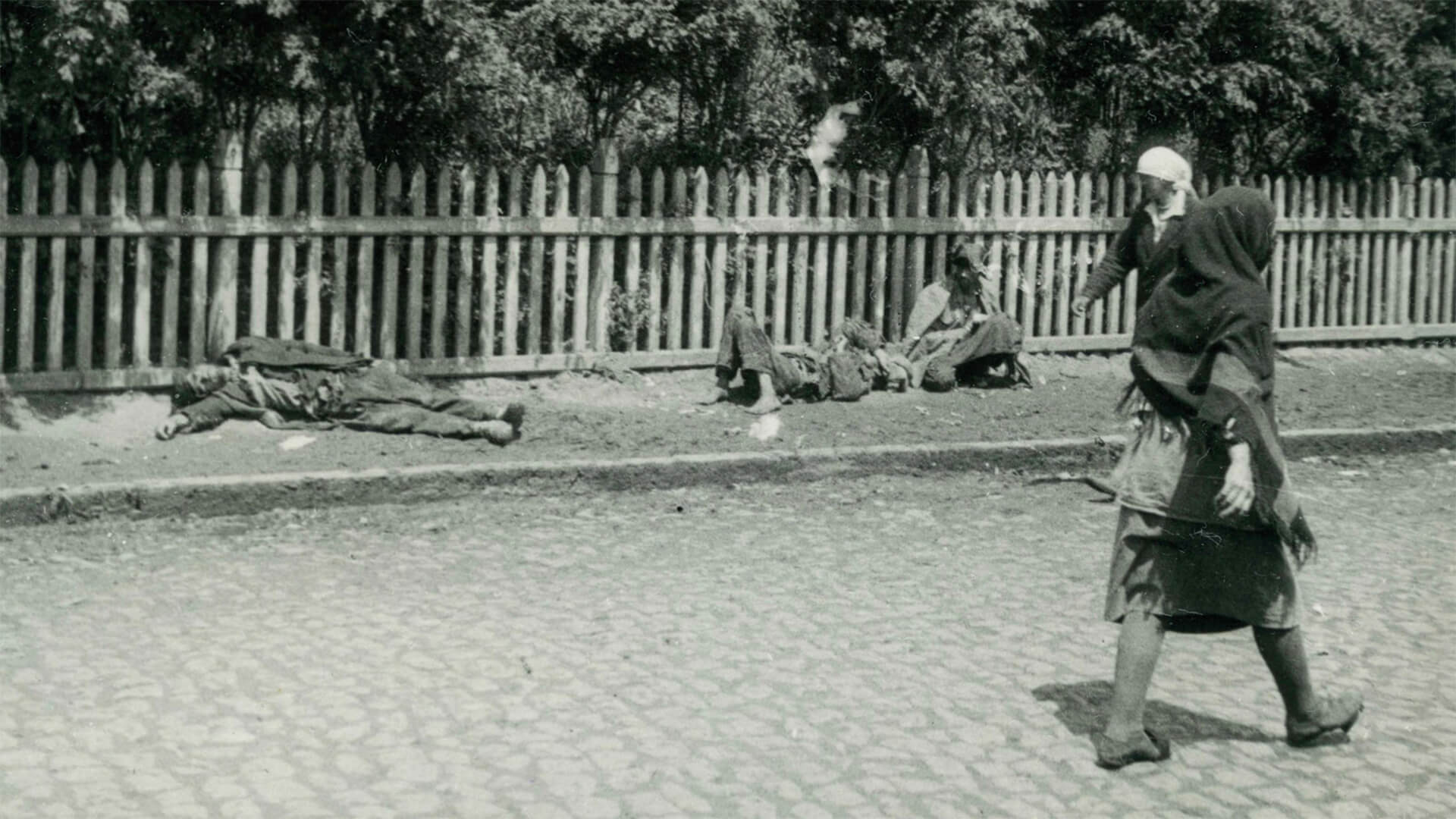Despite some food scares coming out of the former Soviet space, Mother Nature helped 2022 crop production look pretty solid in most of the great agriculture basins of the world. However, this could be the world’s last food-secure year for quite a while.
As Argentina transitions from summer to the harvest season, we’re getting our first glimpse at the yields…and it’s not looking promising. Between floods, droughts, pestilence, and a dash of government incompetence, it’s shaping up to be the worst year on record for Argentinian corn, soy, and wheat.
We’re not off to an auspicious start, but Argentina’s shortages were weather-induced…we haven’t even seen the impacts of fertilizer shortages yet. Additionally, the Ukrainians face a completely different set of disruptions to their agricultural industry.
As Ukraine transitions out of winter, the Russians will likely shift their strategy from targeting power infrastructure to the agricultural system. I expect Ukrainian corn, soy, wheat, and seed oil exports to drop significantly in the coming year. With the agriculture disruptions in Argentina and Ukraine, this is only the beginning of worldwide food insecurity.
Prefer to read the transcript of the video? Click here
Here at Zeihan On Geopolitics we select a single charity to sponsor. We have two criteria:
First, we look across the world and use our skill sets to identify where the needs are most acute. Second, we look for an institution with preexisting networks for both materials gathering and aid distribution. That way we know every cent of our donation is not simply going directly to where help is needed most, but our donations serve as a force multiplier for a system already in existence. Then we give what we can.
Today, our chosen charity is a group called Medshare, which provides emergency medical services to communities in need, with a very heavy emphasis on locations facing acute crises. Medshare operates right in the thick of it. Until future notice, every cent we earn from every book we sell in every format through every retailer is going to Medshare’s Ukraine fund.
And then there’s you.
Our newsletters and videologues are not only free, they will always be free. We also will never share your contact information with anyone. All we ask is that if you find one of our releases in any way useful, that you make a donation to Medshare. Over one third of Ukraine’s pre-war population has either been forced from their homes, kidnapped and shipped to Russia, or is trying to survive in occupied lands. This is our way to help who we can. Please, join us.
CLICK HERE TO SUPPORT MEDSHARE’S UKRAINE FUND
CLICK HERE TO SUPPORT MEDSHARE’S EFFORTS GLOBALLY
TRANSCIPT
Hey everybody. Still Peter, still Colorado, still snowy, still foggy. Yesterday we talked about the African swine fever problem in China and how it’s turning into an issue for fertilizer. I want to talk now about the weather. We’ve got a number of major agricultural basins in the world. And last year, for most of them, greater Midwest, the Brazil and Argentina systems. South Africa. Australia. New Zealand. The Eurasian Wheat Belt and Northern Europe. We had a pretty good year, pretty much everywhere and even in secondary markets that aren’t export oriented, like India and China, things were pretty good. That helped us a great deal, despite the fact that we were having a lot of scares and supplies coming out of the former Soviet space. But there’s two issues that we have already seen are going to be boiling up. The first one involves Argentina.
Now, as a southern hemispheric country,they’re exiting summer and going into harvest right now. And between floods and droughts and pestilence and basically all the horsemen playing a role here and a general dollop of government incompetence. It’s shaping up to be one of the worst records for corn, soy and wheat that we have seen in years with on average, about a 30% reduction in the foodstuffs. Now 30%, that is a weather induced reduction, not a fertilizer induced reduction. So it could have been a lot worse. But we’re already seen at the beginning of the 2023 harvest season that we’re getting off to a really bad start. Australia so far looks (mehhhh) and then of course India is harvesting things all the time. Now in the northern hemisphere we don’t get our first crops in for a couple more months and harvest will continue throughout the late spring for things like winter wheat and going into the summer and into the fall. So we have a lot of potential crops ahead of us, but to kind of kick off with Argentina, which is traditionally in the big six for wheat exports and typically in the big three for soy exports, this is not a particularly auspicious start.
The next major disruption I expect to see will be in Ukraine. Now, we’ve all been seen through the winter that the Ukrainians have been suffering missile and drone attacks from the Russians who are trying to take out the power system, working from the theory that if you can knock out the electricity across Ukraine in the winter, you’re going to kill as many Ukrainians as possible and damage the morale of the war effort in general. Because if you find out that your wife and kids back in Kyiv don’t have power, it’s really hard to stay on the front. You feel like you should go and do something. Well, as we get into May and especially June, when it becomes apparent that knocking out the power doesn’t make anyone freeze to death anymore, the Russians are going to switch targets to go after the agricultural system, especially fertilizer plants, grain silos, grain transshipment locations and rail centers, ports and the rest. Already we’re seeing the Russians backing away from a United Nations brokered deal that allows grain and corn and wheat and sunflower to get out of the system. Basically, ships can come in, the Russians will search them on the way to make sure that they’re not carrying weapons. The Ukrainians will load them up with whatever foodstuffs they can export and then they’ll be inspected by the Russians again on the way out. It used to be that this deal was being renegotiated every 120, 250 days, and the Russians want to shrink it down to 60 days, meaning that if this is renegotiated in March, it’s probably the last time it’s going to be renegotiated, because the Russian goal here is to wipe out as many of Ukrainians as possible to make sure that they can’t fight. And that means taking the war to the civilian population. Electricity doesn’t work in the summer. So you go after the food supplies, which means that calendar year 2022 was probably the final year that Ukraine will be a significant agricultural exporter. Pre-War, roughly 85 in some cases, 90% of their ag products were shipped out by water, with the rest going by rail. The problem is that the rail system in Ukraine doesn’t interface well with the rail system in Europe because they use different gauges and you can only replace that an upgrade it over the course of years and it’s really hard to do when bombs are raining down. So we’re going to get little trickles that go out of western Ukraine that can take advantage of the rail. And that’s about it. And that’s, of course, assuming that the Russians don’t achieve a breakthrough once they throw an extra 400,000 men into the fight come June.
So we know we’ve already had a bad Argentina harvest and we know that the Ukrainians are probably going to fall off the map in terms of food supply. And honestly, that’s just the beginning. More on this in later issues.


